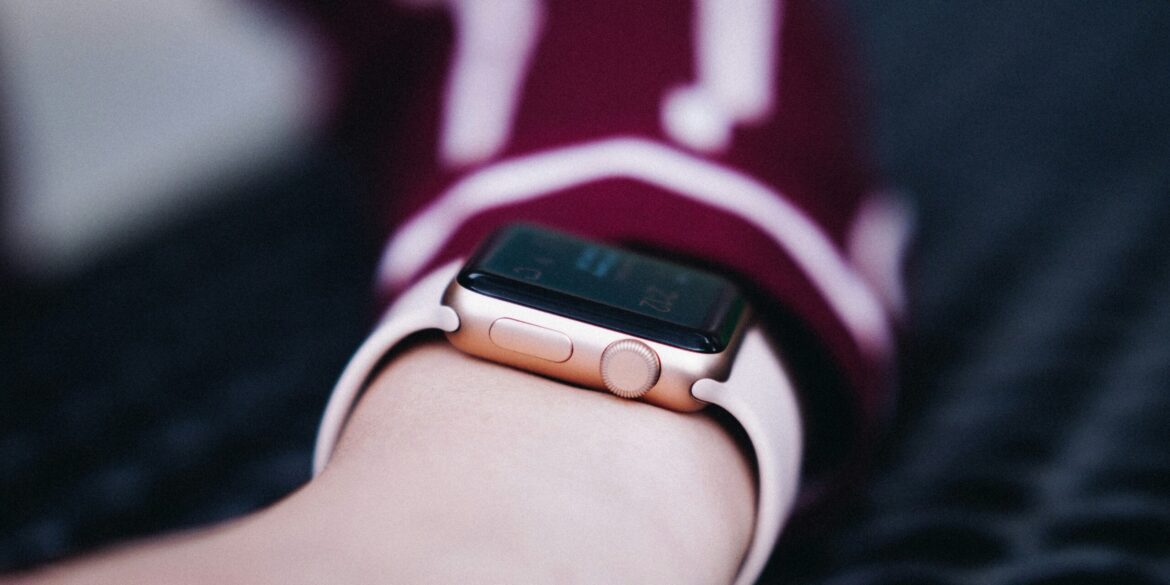On July 19, 2025, thousands of Fitbit users across the United States experienced a major service outage that disrupted app access, login functionality, and data syncing. The system failure, which began in the early morning hours, quickly escalated as complaints flooded online forums, social media, and platforms like Downdetector. By mid-morning, the issue had become widespread enough to trigger acknowledgment from Fitbit’s official support channels and Google, the brand’s parent company.
Users reported an inability to sync their daily step counts, heart rate metrics, sleep data, and other health-tracking statistics. In some cases, users were entirely unable to open the app or access their historical wellness information. Those subscribed to Fitbit Premium—a paid service that includes guided workouts, advanced analytics, and personalized insights—were similarly affected, unable to retrieve their customized reports or use coaching features. By noon, the outage had peaked with more than 2,000 outage reports logged on Downdetector, with the majority of issues stemming from app crashes and login failures.
The outage persisted for much of the day, frustrating users who rely on Fitbit devices not just for fitness tracking, but also for managing chronic conditions and integrating data with third-party health platforms. In recent years, health wearables like Fitbit have grown beyond lifestyle accessories to serve as essential components in digital health ecosystems. For many users, these devices are tied to medication schedules, sleep optimization routines, and performance tracking goals. As such, a service disruption—even lasting just a few hours—can significantly impact users’ routines and erode trust in the platform.
By late evening, Google’s Fitbit support team issued a statement confirming that the technical issues had been resolved and that normal service had resumed. The company assured users that no personal data had been compromised during the incident, and that engineers had identified the root cause and applied fixes. The Fitbit system status page reflected a full recovery by approximately 6 p.m. local time. However, some users continued to report delays in data synchronization and incomplete restoration of metrics stored during the outage window.
While the crisis was ultimately short-lived, the incident sparked wider industry discussions about infrastructure reliability and the pressures facing the health tech sector. Analysts pointed to the outage as a cautionary tale in an era where health data is increasingly digitized and centralized through mobile platforms. As wearable adoption rates soar—driven by a post-pandemic focus on health and the integration of AI into personal wellness tools—companies like Google face growing expectations to maintain flawless uptime.
Read also: https://primetimepress.com/wearable-health-tech-revolutionizes-personal-healthcare-management/
According to a recent Gartner report, the global wearable fitness tracker market is expected to exceed $93 billion by 2027, with North America accounting for nearly one-third of that growth. Analysts warn that as user bases expand, so do the technical demands on servers, app performance, and API reliability. Outages such as Fitbit’s, though uncommon, underscore the need for investment in scalable backend systems, high-availability cloud infrastructure, and improved incident response protocols.
Critics also pointed to a lack of timely communication during the outage. Some users expressed frustration over the limited updates provided during the early hours of the disruption, noting that many turned to third-party sources like Reddit, Twitter, and independent tech blogs for real-time information. Others questioned whether Google should offer service credits to Premium members for the lost functionality, though no such offer had been announced as of press time.
The incident also comes at a pivotal moment for Fitbit, which is seeking to reassert itself in a competitive wearable landscape dominated by Apple, Samsung, and emerging fitness-focused platforms. The Crown, Fitbit’s latest software update, aims to enhance user engagement through predictive health alerts and deeper integrations with Google’s broader health initiatives, such as Fitbit ECG and Pixel Watch 3 connectivity. This outage, however, briefly halted that momentum and highlighted the fragility of even the most established health-tech ecosystems.
Ultimately, while the July 19 outage was resolved within a day, it has left lingering concerns for users and stakeholders alike. The disruption served as a reminder that digital wellness tools must not only deliver innovation but also maintain the reliability and resilience that users depend on daily. For Google and Fitbit, it’s a signal to redouble efforts on technical robustness as the stakes for seamless health data delivery continue to rise.

